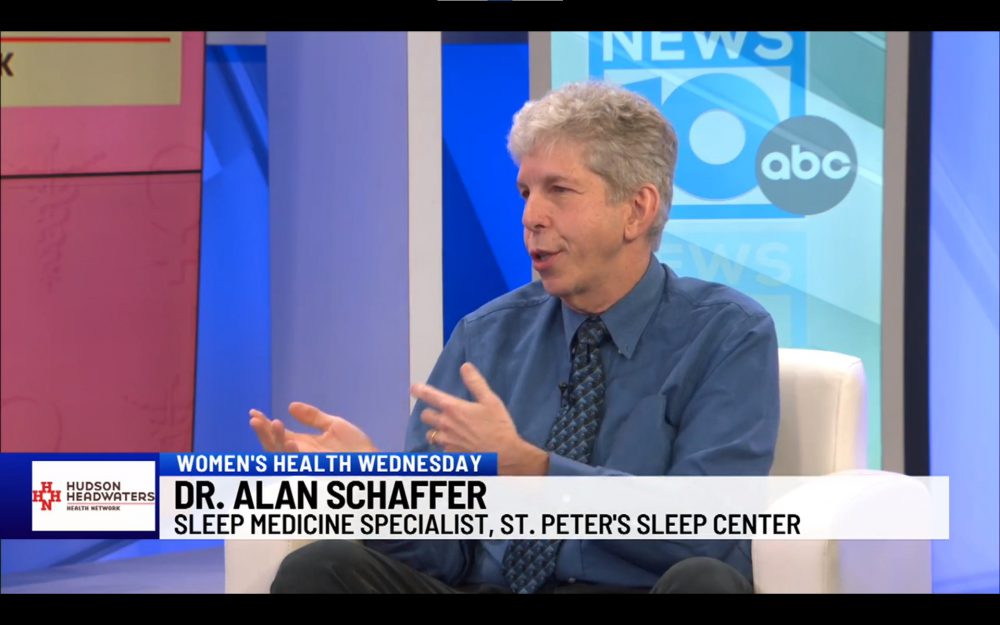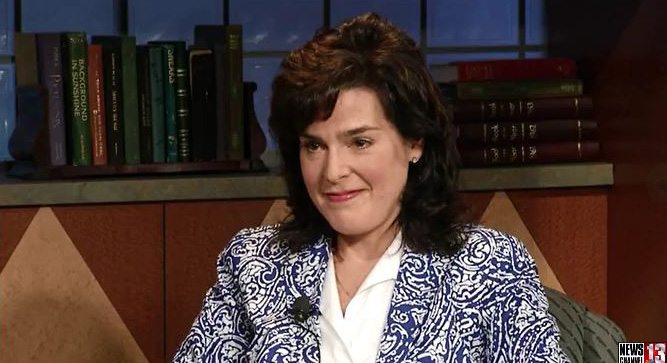
Alan Schaffer, M.D., a sleep specialist with St. Peter’s Sleep Center, discussed the disruptions to sleep patterns caused by daylight saving time during an appearance on WTEN/News10. Daylight saving time ends Sunday, Nov. 5 at 2 a.m.
From the interview:
Doctor Alan Schaffer, a sleep medicine and critical care specialist with St. Peter’s Sleep Center says sleep is a foundational pillar for our overall health.
An hour change can wreak havoc on a person’s mental and physical health. Dr. Schaffer says the change can cause stress on our system and cause inflammation that can hurt other aspects of our bodies.
As women age they are more likely to develop sleeping disorders, specifically post-menopausal women.
Dr. Schaffer says studies show there is an increased risk during the time change for heart attacks, hospitalizations, and E.R. visits however, there is more in the Spring.
To get ahead of the sleep disruption experts suggest you plan ahead by gradually adjusting your bed time before the clocks change, try to get more than 7 hours of sleep, and limit your light exposure in the morning. However, this is not recommended for people who struggle with things like insomnia.
Click here to watch WTEN’s report.






